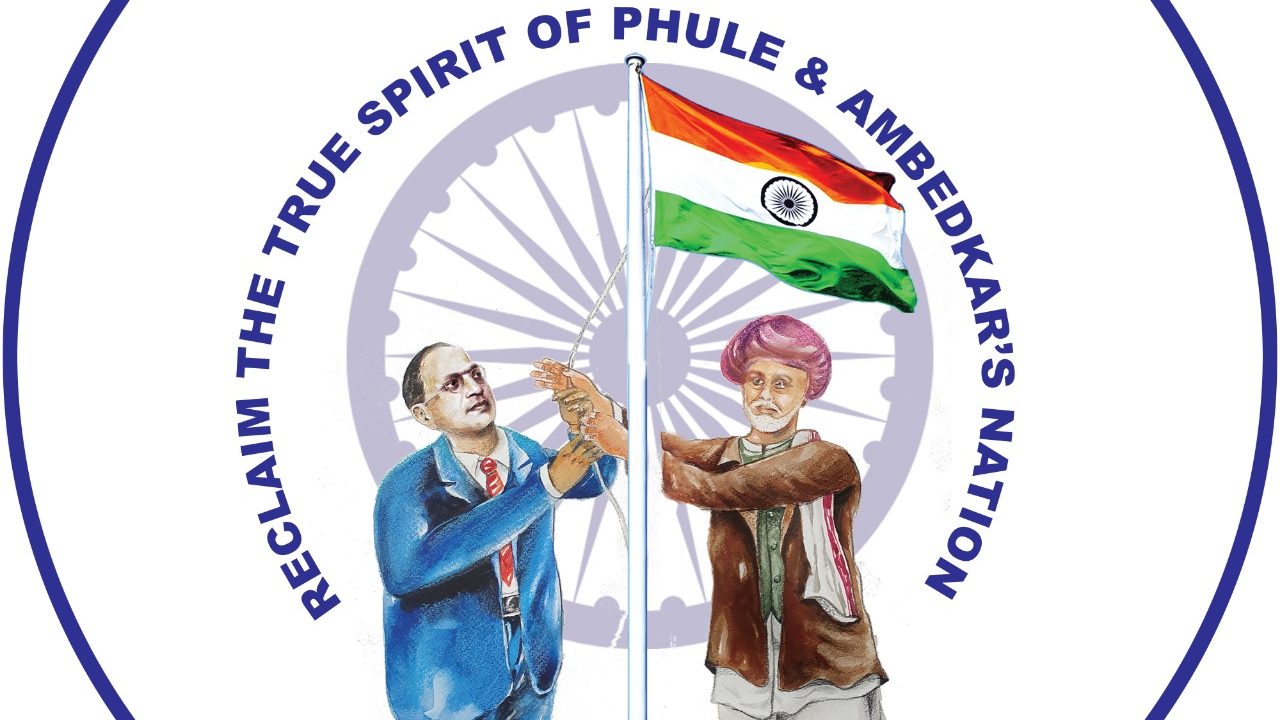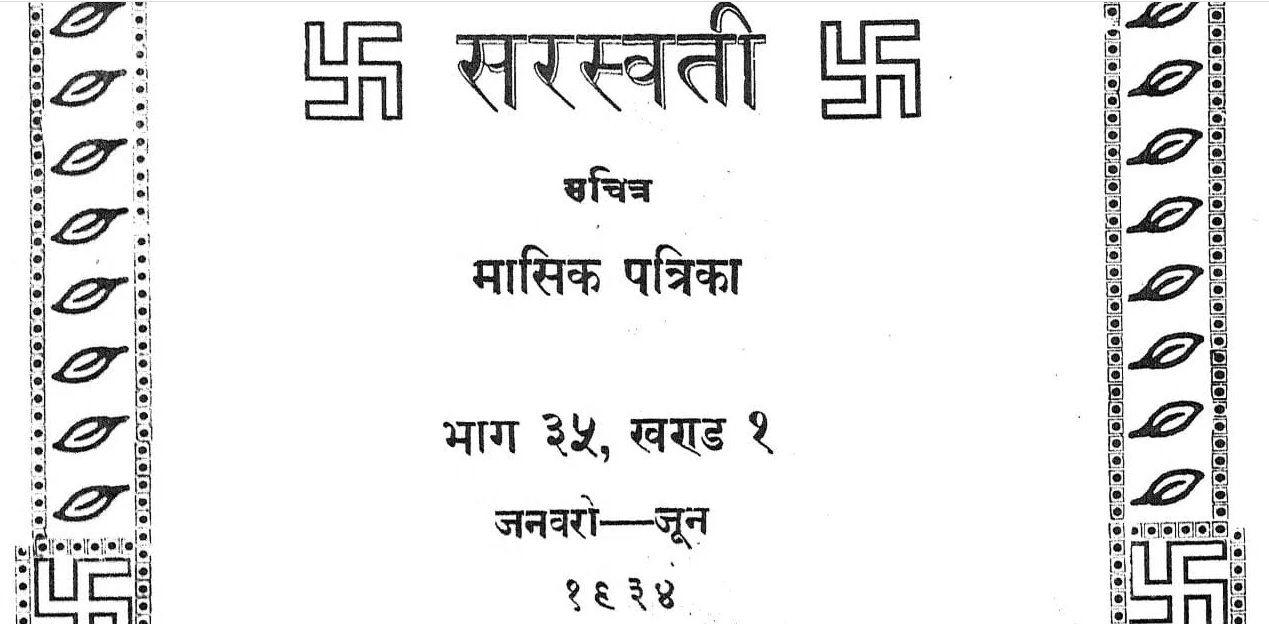Recently, I happened to be a guest at a grand wedding celebration in Lucknow. At the entrance, ushers welcomed us as if we were royals and had come to participate in a royal ceremony. The pandal was glittering with lights. The groom was sitting on a throne-like sofa. By his side, an orchestra was playing. As I was a bit late, I decided to eat first. In the dining area, huge LED screens were projecting the goings-on at the marriage mandap. As we were eating, it was announced that the bride was taking soft steps towards the groom and they would soon exchange garlands to become each other’s for life.

As this was happening, I was transported to the wedding of my friends Rampal and Suman. As soon as Bhante ji (Buddhist monk) announced that they had become each other’s, all the guests – from the groom’s side as well as the bride’s – showered petals on the couple. I was so impressed by the event that I can give a blow-by-blow account of it even now.
I first met Rampal Verma in 2013 at a function of the Arjak Sangh. He is younger to me but I liked his maturity of thought. He had read, assimilated and was living the thoughts of Mahamana Ramswaroop Verma. He had a fine understanding of the nuances of Brahmanism and had chosen to tread the path of humanism. Last year, we had attended a ten-day “Vipasyana” at the Jaitwan Ashram in Shravasti. At the camp itself, Rampal decided that his marriage ceremony would be performed according to Arjak norms, not brahmanical ones. However, since Chaudhary ji, who was to conduct the Arjak rites for the wedding, could not make it, he opted for a Buddhist wedding.

On the day of the marriage, Rampal dispatched Bhante ji to Suman’s residence at 5 pm. At the entrance to Suman’s house, two Brahmins, whom her family had asked to conduct the wedding, accosted Bhante ji. Bhante ji was cold-shouldered and he duly informed Rampal. The bridegroom and his wedding procession reached Suman’s residence in Madaargarh at about 9 pm.
He had kept trying to persuade his would-be wife’s family to opt for a Buddhist wedding. However, they had refused. After repeated attempts, a representative of the bride’s family had gone to the place where the wedding contingent was putting up. He had been sent to negotiate on the wedding rites to be followed. He had sought a middle path. He had suggested that a pandit conduct the ceremony first followed by Bhante ji. However, Rampal hadn’t budged. Suman’s family had also stuck to their guns.
When Rampal reached Suman’s house he saw that a Brahmin was conducting some rituals related to “Dwarachaar” (welcome of the groom at the entrance to the bride’s home). Rampal refused to get down from the car. The atmosphere became tense. The bride’s family said none of their weddings until then had been held without a pandit and it would be very inauspicious to hold his and Suman’s wedding without one. The women members of the family were upset. They were also curious because Doaba hadn’t yet witnessed a Buddhist wedding. The village pradhan, who was present, said that a wedding without a pandit would bring ruin. When I realized that things were slipping out of our hands, I decided to intervene. I convinced the pradhan and other villagers that a Buddhist marriage would save expenses and the bride and the groom would get equal respect in it. After protracted negotiations, the Brahmin was asked to move aside and Bhante ji stepped in.
It was only after Bhante ji was seated in the mandap that Rampal joined everyone else there and the marriage ceremonies began. The bride’s family was not co-operating with Bhante ji but he didn’t give up. After “Dwarachar”, when Bhante ji came to the mandap to begin the second round of ceremonies, the bride’s father quickly left and did not return till the end of the ceremony. But, by then, Suman had given in. The “nai” sitting in the mandap was behaving awkwardly. Since a Brahmin was not performing the marriage, the “nai” had little to do. In brahmanical marriages, the Brahmin and the “nai” have a symbiotic relationship. The “nai” gets some part of the money and other goods that are offered. Bhante ji soon realized why the “nai” was figeting and told him and he would get his due. Then Bhante ji began the rituals amid the gloom.
I requested Bhante ji to translate the mantras which he was reading in the Pali language into Hindi so that those present could understand them. Once Bhante ji switched to Hindi, the atmosphere began to change. The groom’s and the bride’s sides were treated on a par and the pledges that the groom and the bride took were egalitarian. Some of those present reluctantly murmured some words of praise for this kind of marriage. They said that this system was good because it gave equal respect to both the sides. When, at the end, Bhante ji asked the bride and the groom to exchange garlands, the people around enthusiastically showered petals on them. An intoxicating scent of fresh flowers pervaded the atmosphere. The people were all praise for this simple ceremony that cost so little.
It was due to the firm resolve of Rampal and Suman that this egalitarian marriage ceremony – which had no place for brahmanical rituals and customs – could take place. Bhante ji’s took the signatures of both on a written pledge that also carried their photographs. This pledge letter is a valid proof of marriage and can be used to have it registered in government records.
Back at the Lucknow wedding, my friend Tarun, finding me lost in thoughts, nudged me. “What’s the matter?” He asked. I said I was just thinking how much money would have been saved and how egalitarian the rituals would have been if this marriage were also conducted the Buddhist way.
Forward Press also publishes books on Bahujan issues. Forward Press Books sheds light on the widespread problems as well as the finer aspects of Bahujan (Dalit, OBC, Adivasi, Nomadic, Pasmanda) society, literature, culture and politics. Next on the publication schedule is a book on Dr Ambedkar’s multifaceted personality. To book a copy in advance, contact The Marginalised Prakashan, IGNOU Road, Delhi. Mobile: +919968527911.
For more information on Forward Press Books, write to us: info@forwardmagazine.in





